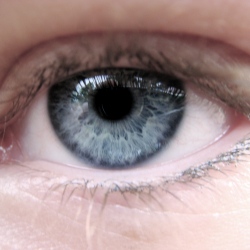
An early childhood surrounded by books and educational toys will leave positive fingerprints on a person’s brain well into their late teens, a two-decade-long research study has shown.
Scientists found that the more mental stimulation a child gets around the age of four, the more developed the parts of their brains dedicated to language and cognition will be in the decades ahead.
It is known that childhood experience influences brain development but the only evidence scientists have had for this has usually come from extreme cases such as children who had been abused or suffered trauma. Martha Farah, director of the centre for neuroscience and society at the University of Pennsylvania, who led the latest study, wanted to find out how a normal range of experiences in childhood might influence the development of the brain.
Farah took data from surveys of home life and brain scans of 64 participants carried out over the course of 20 years. Her results, presented on Sunday at the annual meeting of the Society for Neuroscience in New Orleans, showed that cognitive stimulation from parents at the age of four was the key factor in predicting the development of several parts of the cortex – the layer of grey matter on the outside of the brain – 15 years later.
The participants had been tracked since they were four years old. Researchers had visited their homes and recorded a series of details about their lives to measure cognitive stimulation, details such as the number of children’s books they had, whether they had toys that taught them about colours, numbers or letters, or whether they played with real or toy musical instruments.
The researchers also scored the participants on "parental nurturance" – how much warmth, support or care the child got from the parent. The researchers carried out the same surveys when the children were eight years old. When the participants were between 17 and 19, they had their brains scanned.
Farah’s results showed that the development of the cortex in late teens was closely correlated with a child’s cognitive stimulation at the age of four. All other factors including parental nurturance at all ages and cognitive stimulation at age eight – had no effect. Farah said her results were evidence for the existence of a sensitive period, early in a person’s life, that determined the optimal development of the cortex. "It really does support the idea that those early years are especially influential."
